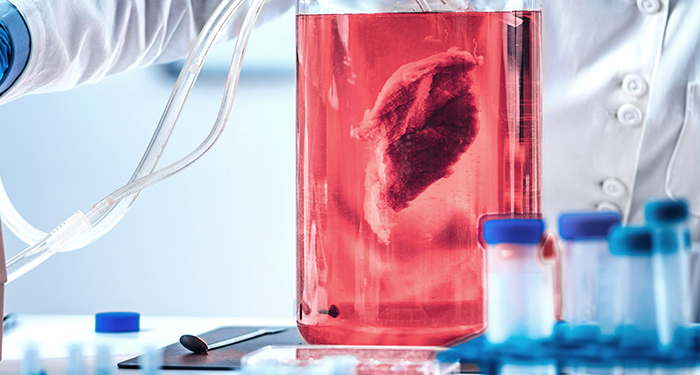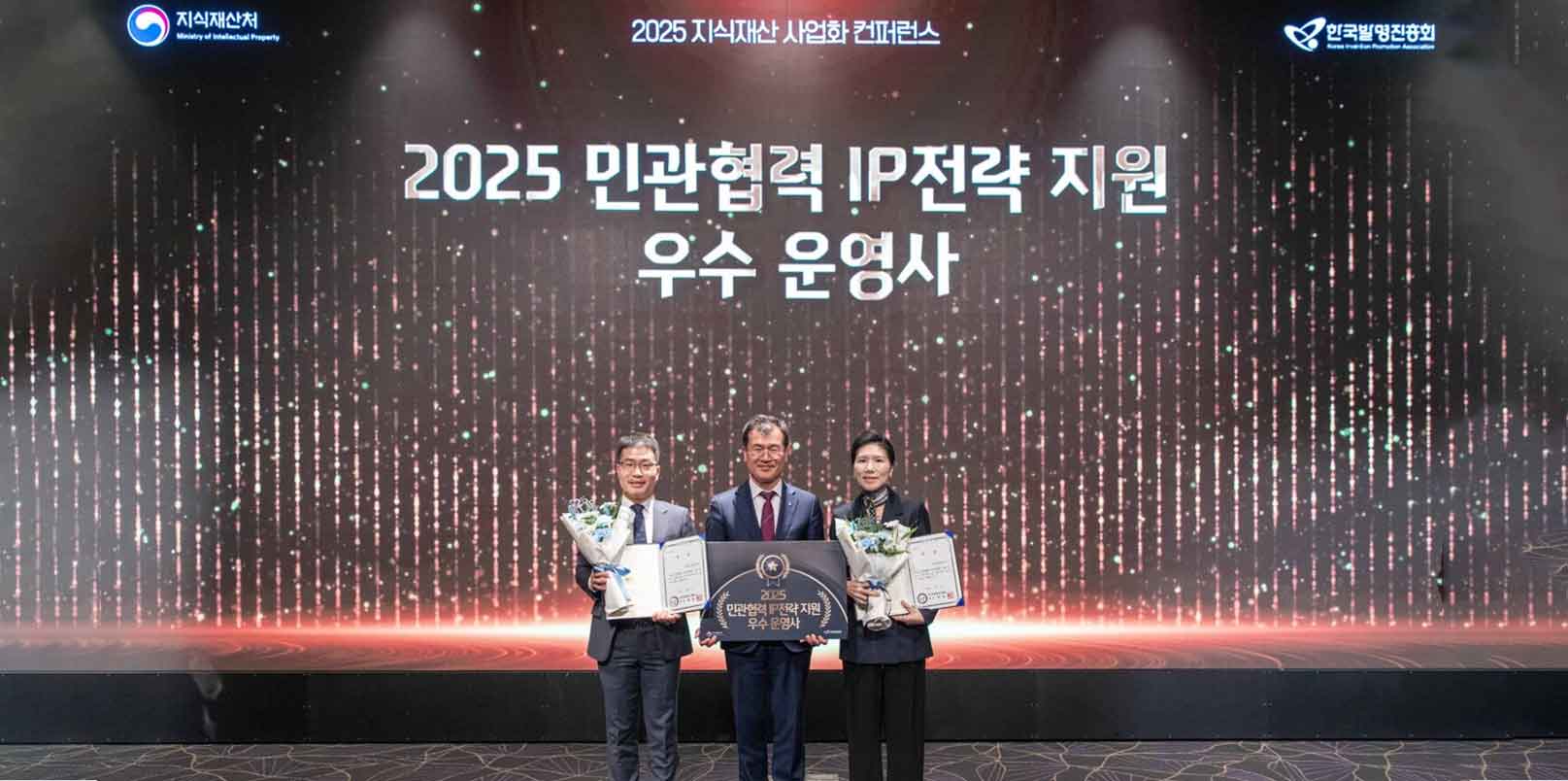Korean food tech startup TissenBioFarm, focusing on building a sustainable food production system with its cultured meat, has attracted 2.2 billion won (approx. $ 1.6million) in pre-series A funding round. The round was led by the impact investing company, Envisioning Partners, with FuturePlay and Stonebridge Ventures participating. Mirae Holdings, an existing investment company, also made a follow-up investment.

Despite the tightening economic environment, TissenBioFarm has attracted many investors’ attention with its innovative approach to cultured meat production. It has developed proprietary technologies to mass-produce whole-cut cultured meat with texture and marbling, using living animal cells and functional bio-ink. Its technical excellence comes from many years of R&D in artificial medical organs conducted by CEO Wonil Han, who holds a Ph.D. in Tissue Engineering from POSTECH and Prof. Dong-Woo Cho of the Department of Mechanical Engineering at POSTECH.
TissenBioFarm’s methods are based on 3D bioprinting used in tissue engineering. It has developed a new approach to mass production of cultured meat, which has been a big challenge in this field. At the same time, it effectively replicates the texture, marbling and nutrition of traditionally produced meat. Co-founder Youngmoon Kwon adds his IT expertise in building a unique business model while CSO Yeonjoo La leads business development and strategy with her expertise in the alternative protein and vegan markets.
Wonil Han, CEO of TissenBioFarm, said, “In the global cultured meat field, it is very challenging to create meat as thick as a steak through cell culture methodology. Furthermore, replicating the meat texture and marbling in cultured meat, and mass-producing them requires cutting-edge technologies. Our technologies will provide high-quality cultured meat that is competitive in taste, nutrition, sensory, and price in the near future.”
TissenBioFarm plans to expand its research facility with this investment. It plans to build a cultured meat production system beyond the laboratory level and focus on developing animal cell proliferation and differentiation technologies to reduce production costs. It will also utilize the fund to prepare for the global market entry.






